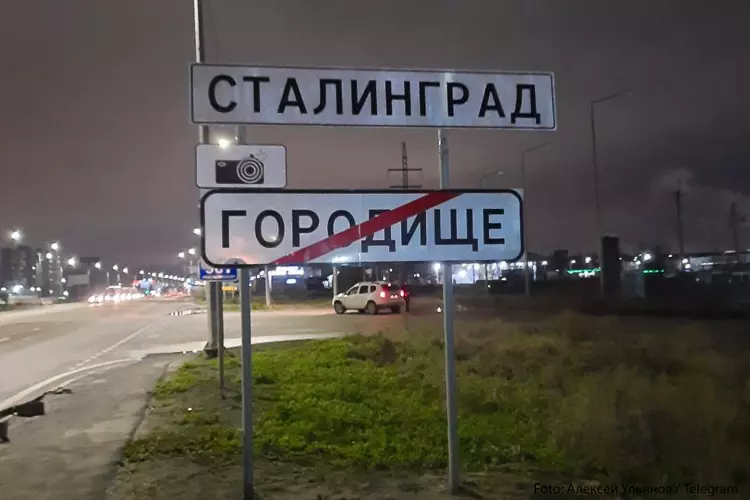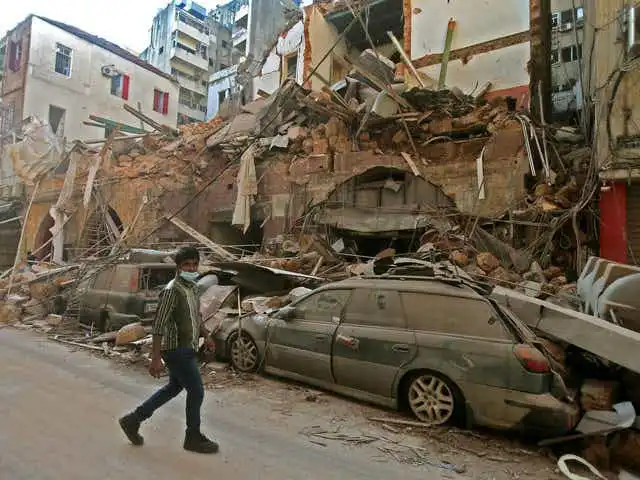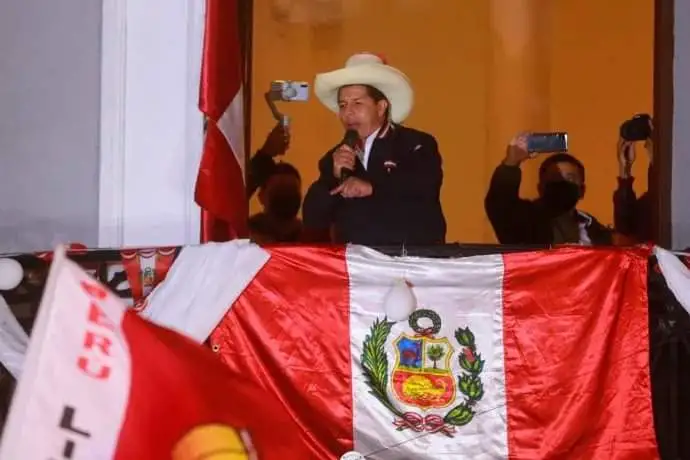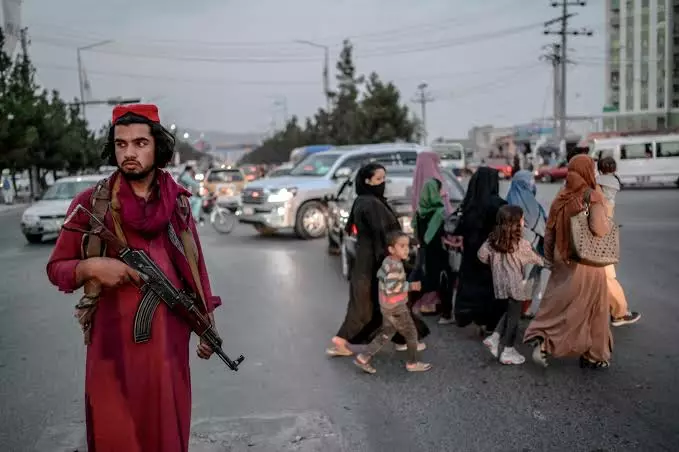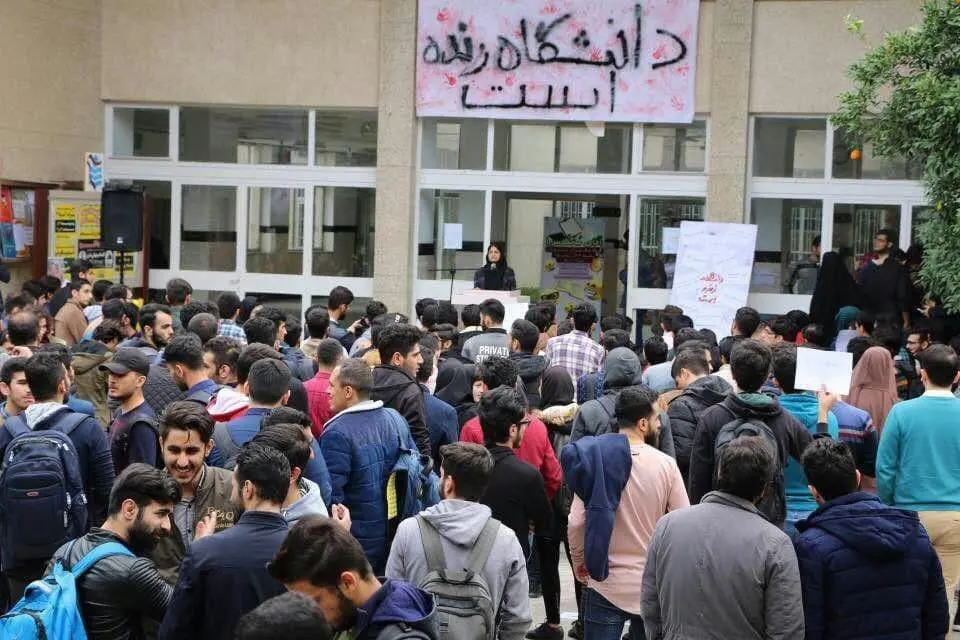71 years ago, in 1941, Hitler started his long-cherished operation Barbarossa to crush his ideological nemesis, the Soviet Union and get access to its vast resources. With 3 million soldiers and a massive fire-power, the Nazi juggernaut captured territories after territories, destroyed cities after cities, subjugated and killed millions of civilians, Commissars & Jews, and capitulated a lot of the divisions of the Red Army. But after a year, the Blitz came to a halt in a City on the bank of river Volga, Stalingrad, presently called Volgograd, one of the host cities of the Football world cup hosted by Russia in 2018. After the Russian invasion of Ukraine early this year, nostalgia regarding the USSR is reaching its peak.
After the Bolshevik revolution, a civil war took place between the newly formed Red army and the White army of Russian aristocrats and supported by foreign nations. Stalin was in charge of the city from the whites from 1918 to 1920. In his honor, it was named as Stalingrad in 1925.
During Barbarossa, the North division of the Wehrmacht focussed on Leningrad (ie, St. Petersburg), the Central divion targetted Moscow and the Southern one had the goal of capturing the vast oil fields of Caucasus. Leningrad was sieged of food or water supply for 3 years. The Germans were at the gates of Moscow by late 1941. In the southern front, the Axis forces also had another objective apart from the Caucasian oil fields, it was the City named after Stalin, the Stalingrad. Supply lines to the Caucasus passed through the river Volga, Stalingrad being its most important transportation hub. Hitler also insisted on crushing the city’s defense as part of a symbolic warfare with his arch-enemy Joseph Vissarionovich Stalin! An epic urban battle took place for more than 5 months, house-to-house fighting and snipers from both sides being commonplace. With heroic resistance from the common Soviet citizens and never-say-die spirit of the Red army, the Nazis finally surrendered in February 2nd, being the first surrender of the Axis field army since the commencement of the war. This defeat turned the tide of the war in favor of the Soviets, broke the myth of the German invincibility, giving hope to all the allied forces throughout Europe.
With more than 2 million casualties, it was the deadliest battle in World War II and in the history of warfare. There were many films made on the battle, the most popular being Enemy at the Gates(2001, a Franco-British venture), Stalingrad(1993, German) and Stalingrad(2013, Russian). From this victory onwards, it was a glorious journey for the Red army on the road to Berlin.

Unfortunately, after Stalin’s demise, as part of the process of de-Stalinization, the city was renamed back to Volgograd again. With the collapse of the USSR, sentiments favoring Stalin and the communist regime at large came to its lowest. The Communist Party of the Russian Federation has raised the issue of rechristening back to Stalingrad twice in the past 10 years, but found little support from the authorities as well as from the public.
But a shocking event happened on 19 November, 2022. The city was named again Stalingrad in signboards in the main entrance of the city. And its municipal authorities declared to rechristen it back during bank holidays. These dates: February 2 - the day of the defeat of the fascist troops in the Battle of Stalingrad, February 23 - Defender of the Fatherland Day, May 8 - Day of awarding the city of Volgograd with the honorary title “Hero City”, May 9 - Victory Day, June 22 - the beginning of Operation Barbarossa, August 23 - Memorial Day of the victims of the massive bombing of Stalingrad, September 2 - declaration of World War II, December 9 - Day of the Heroes of the Fatherland and November 19 - Operation uranus and the day of the start of the defeat of the fascist troops near Stalingrad. And in the provincial duma of Volgograd, a referendum was proposed in the next 6 months to permanently name it back to honor Stalin and those glorious days.
Post-USSR period, Russia entered a phase of open market, causing a system of oligarchy with rising poverty and economic chaos. After the takeover by Vladimir Putin, although stability came in the form of political integrity and international influence, but Putin’s regime is fundamentally anti-communist to its core. Although Putin’s regime is trying to exploit the nostalgia surrounding the USSR, underlying sentiments are drifting back to a more egalitarian form of ruling.
Rising inequality and memories of the good old days of the old generation is causing perceptions to shift among Russians. A poll conducted in 2019 by the independent Levada Center pollster found that 59% of Russians believe the Soviet government "took care of ordinary people", the same in 2020 found that 75% of Russians believe the Soviet era was "the greatest time" in the country's history. The same polls were conducted during 2000 and 2008 but the favorable views were far far lesser.

Survey asks respondents to consider the statement: ‘I identify more strongly with the Soviet Union than I do with the Russian Federation.’ The responses are reported in percentages. Data: Survey conducted by R-Research Ltd. Department of Politics and International Relations, University of Oxford.
In the first decade of this century, the nation-wide average vote-share of the Communist party of the Russian federation was around 12%, by 2022 around 20% votes are polling in favor the Communist party.
If you are a socialist, We need you now!✕
We are proudly biased towards Anti Capitalist, Anti Imperialist, Anti fascist! We believe we don’t need to mention you the importance of marxist magazine in this era! We are depending on our comrades only! Make an investment of $2.5/m in making a quality journal inclined to Marxism Leninism! Your one potential subscription helps us to maintain our global team! Subscribe and get access of all exclusive content available at the magazine section!
